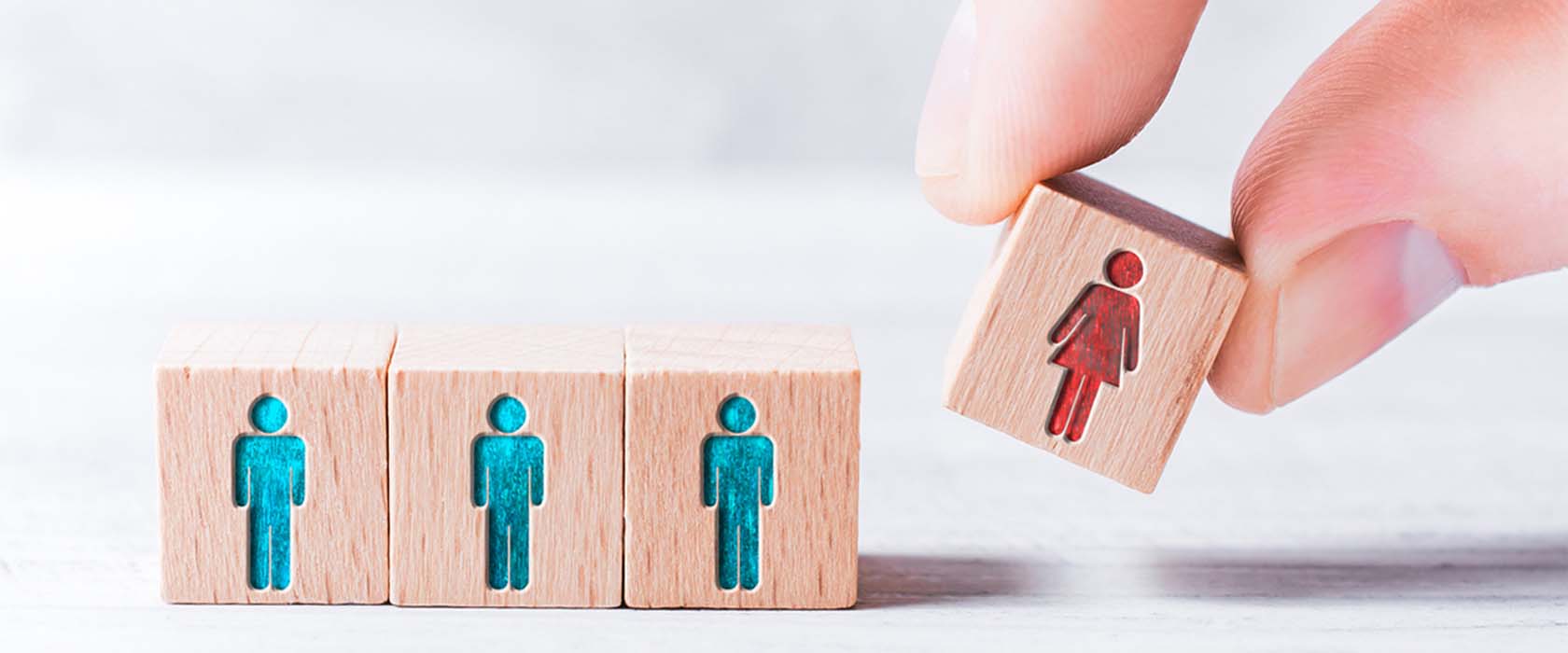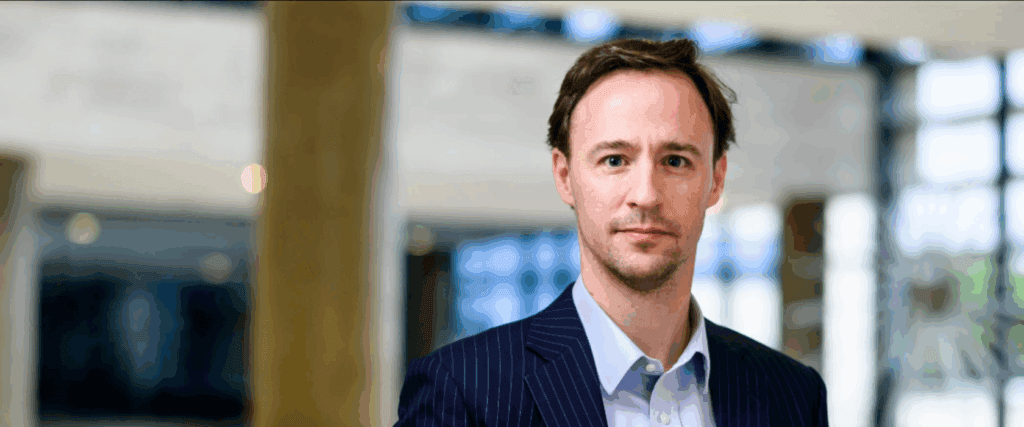Powering businesses with gender parity
If we want to achieve gender equality, efforts need to go beyond improving the “statistics.” While there is still much room for progress, ESMT Berlin has played a very significant role not only in achieving gender parity but, through the Equal4Europe program, they have also been successful in advancing women’s access to basic rights of safety and privacy, and enabling positive change in women’s lived realities.
Content
- Women are no longer the minority
- Gender parity is the first step toward gender equality
- Paving the way for an egalitarian society
- Women should invest in themselves today in order to be the leaders of tomorrow
- It is not just about making some noise; it is about taking real action
- One woman has the power – and together we can make an impact
- Strengthen yourself to strengthen others







